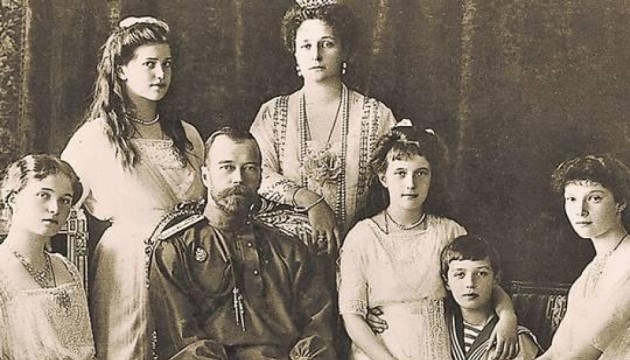On the night of 17 July, 1918, the Bolsheviks shot the royal family [in Russia]. A century later the successors of those same Bolsheviks are still in power. They cynically exploit both the memory of the victims and the customary honoring of their executioners. The [Russian] authorities send multidirectional signals on all the key events of the [Russian] past, disorienting people and depriving them of a clear idea of their own history.

The shooting of the Romanovs’ family and the people who were with them in the Ipatyev’s house is a state crime demonstrating the nature of the Bolshevik regime. This is the evidence of the anti-human character of the terroristic political machinery of the Bolsheviks. When we talk about this crime, we also think about many thousands of other families: workers, peasants, petty bourgeois, merchants, nobles – who fell victims of the state terror not only during the Civil War, but also for decades of totalitarian dictatorship. This crime has not yet received a due public and state, and legal assessment, as well as the regime of terrorist usurpers.
According to the results of a poll conducted by the pro-Kremlin’s All-Russian Public Opinion Research Centre (VTsIOM), 57 per cent of respondents consider the shooting of the royal family a “monstrous and unjustified crime”. This allows the state pollsters to say the lullaby that this is the opinion of “the majority of Russians”. But it turns out that 43 per cent do not think so. True, only 3 per cent of respondents believe that the execution of the royal family was a “just retribution for the mistakes of the emperor”. The rest treat the victims softer: 27 per cent believe that the last Russian emperor should have been punished, but not in this way. The very wording of the questions of the state sociological agency, being a form of propaganda, encourages respondents to assess the degree of adequacy of the “measure of crime” instead of choosing between law and crime.
There is no mention of political state terror in the polls of VTsIOM. This is another small, but clear evidence of the lack of a principled desire of today’s government to assess at the legal level its spiritual fathers – the Bolsheviks.
Vladimir Putin does not want a serious public discussion of the country’s historical past, he suggests not “going around in cycles, but looking ahead.” However, it is impossible to move forward without understanding its history. Without understanding the events of the past and giving them due assessment as a factor that determines today’s life, nothing can be fundamentally changed in the country for the better. We must learn (so that to go forward, rather than go backward chewing over the old propaganda clichés) the following: the Bolshevik system, where the goal always justifies the means and the people are just rubbish that led the people of Russia to the greatest tragedy in its history, has not gone away. This system is our present reality in the updated, hybrid (yet somewhat mitigated) form. And we live in it. (See the article “The Great Terror and Modern Bolshevism” of August 2017 )
One hundred years since the shooting of the royal family – a crime as a symbolic act of state terror – is turned into a church or a corporative event, rather than nationwide, and also the essence of the matter is replaced by disputes about whether the remains are authentic. Manipulation and lies are the corporate style of the heirs of the Bolsheviks, and as long as they determine state policy, the murder of the royal family is not just a history, but a significant and actual criminal political event.



